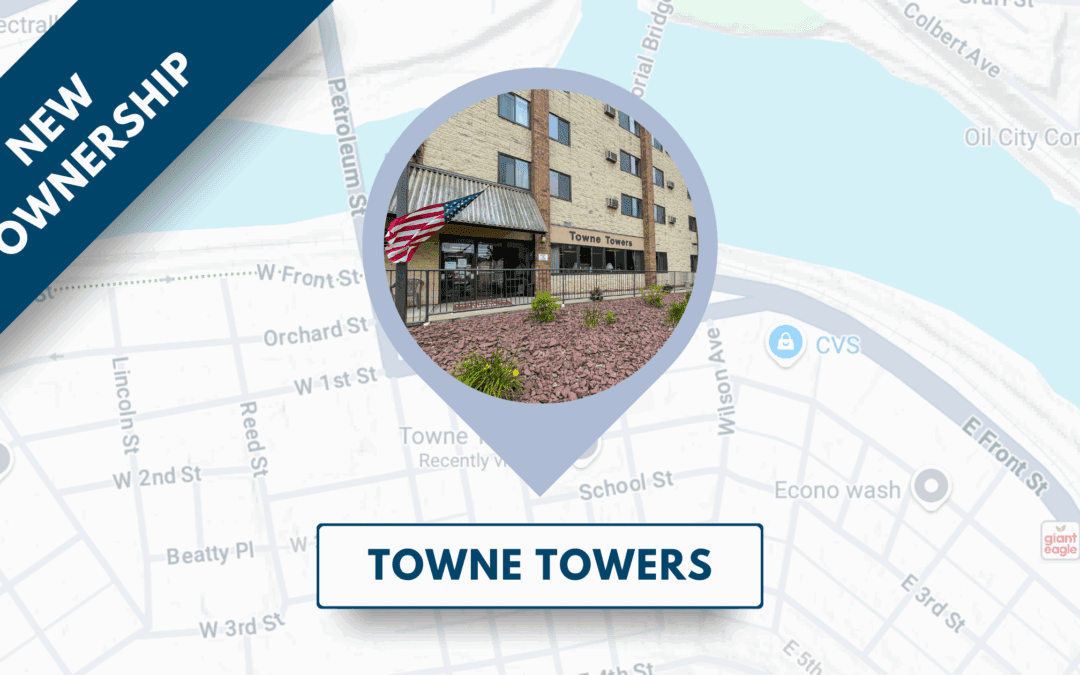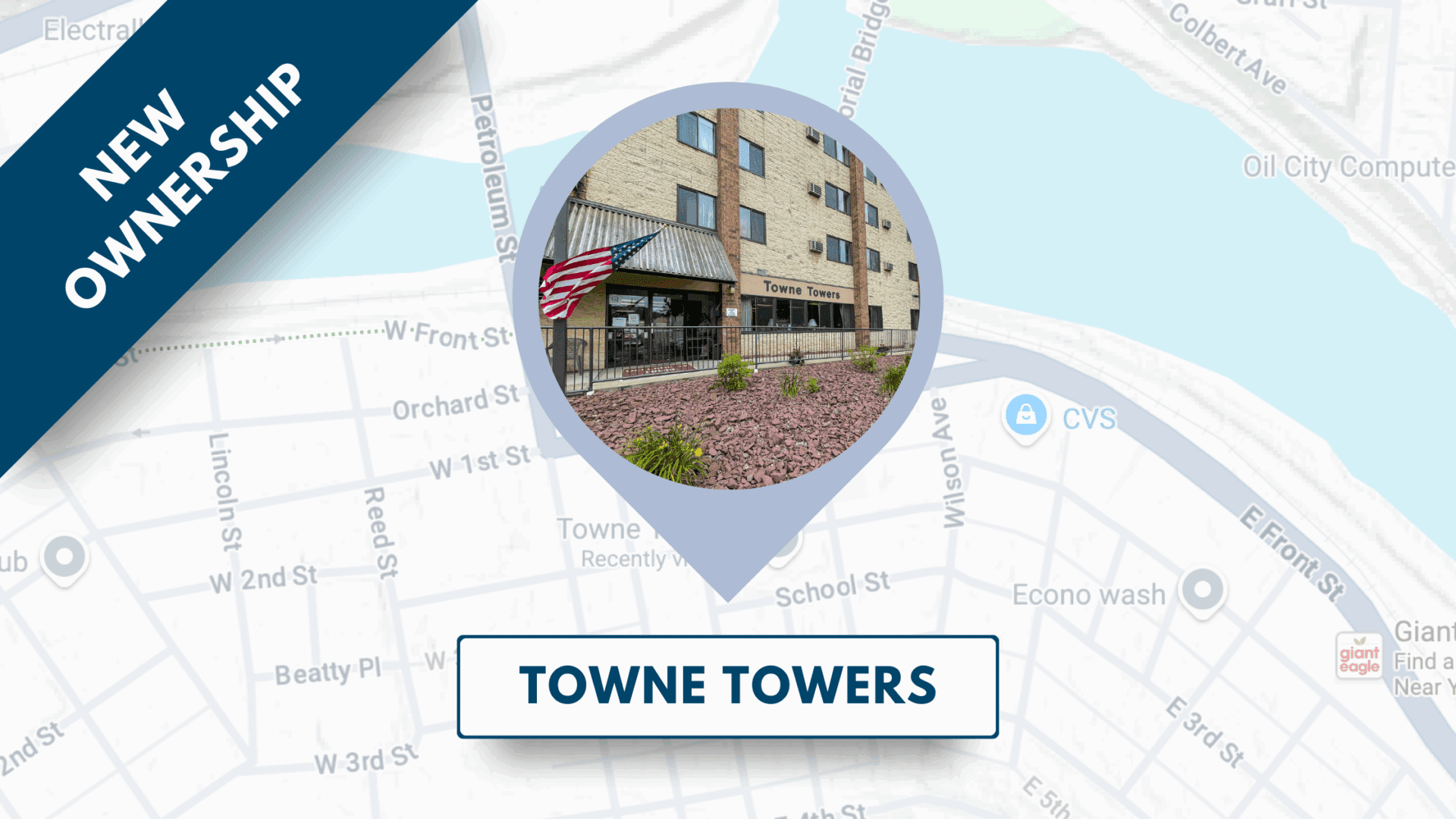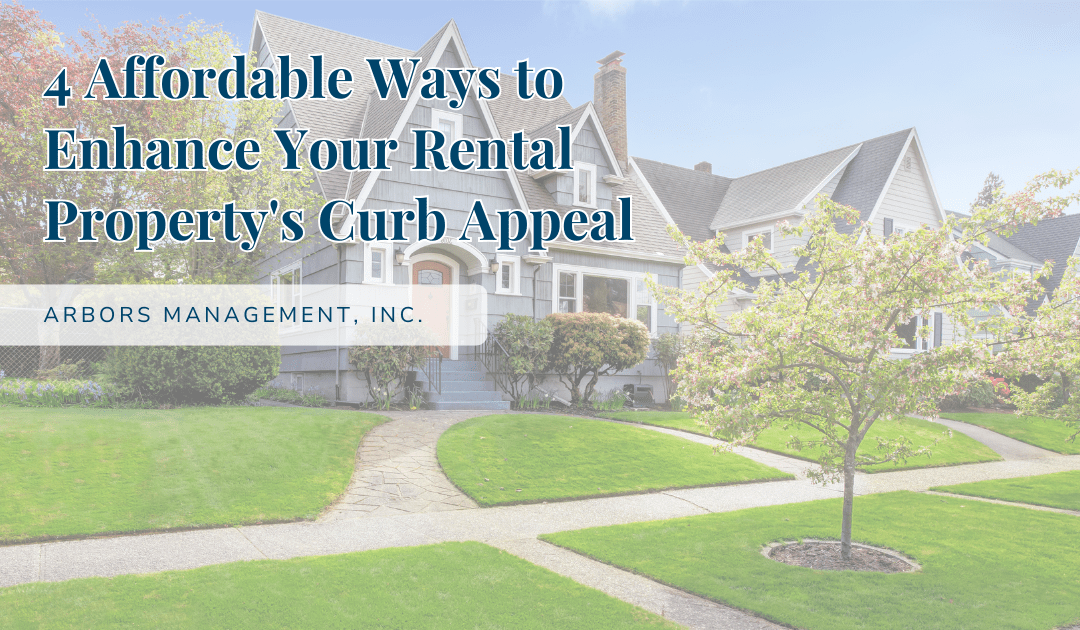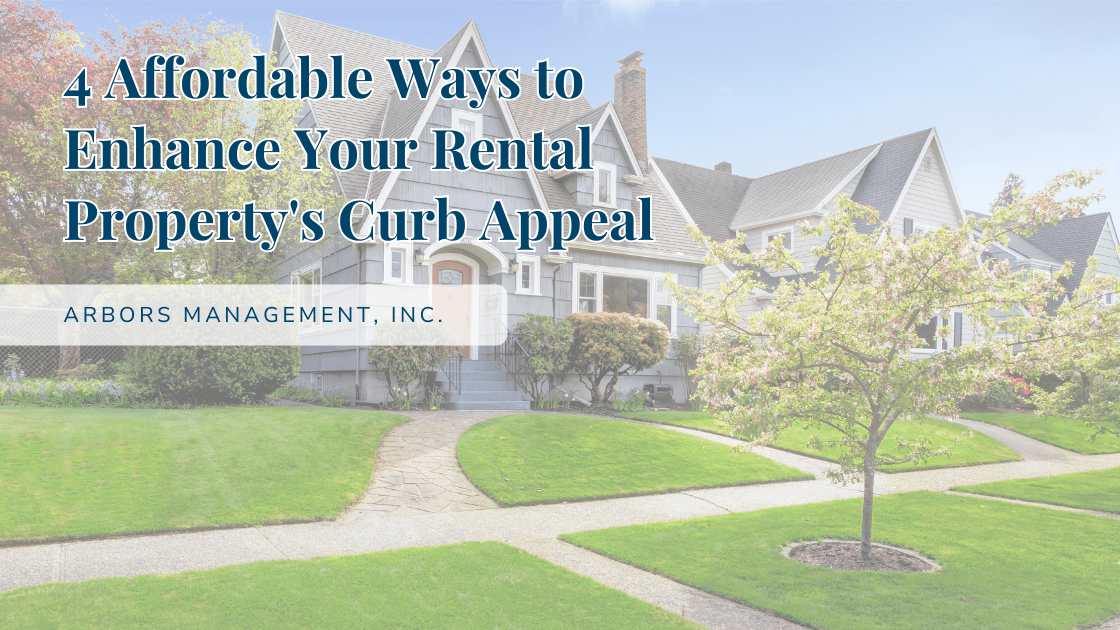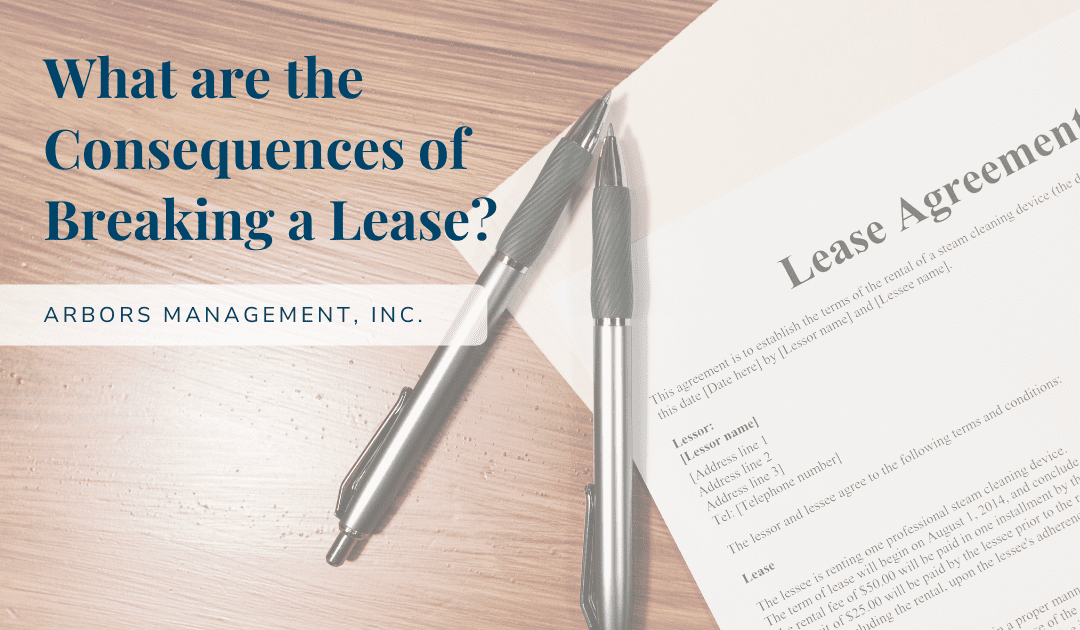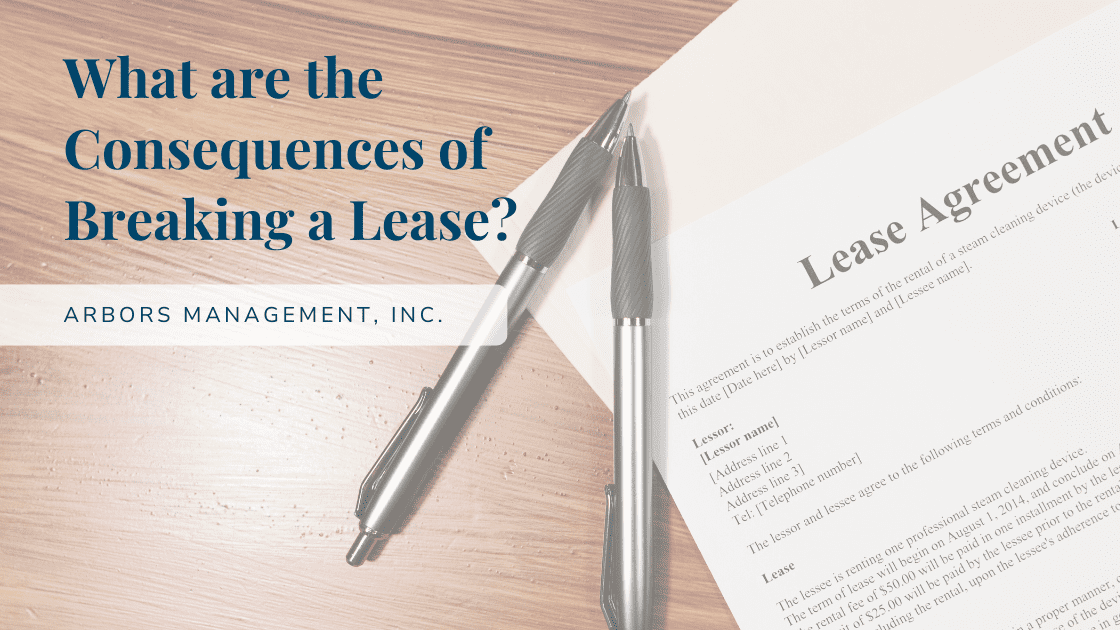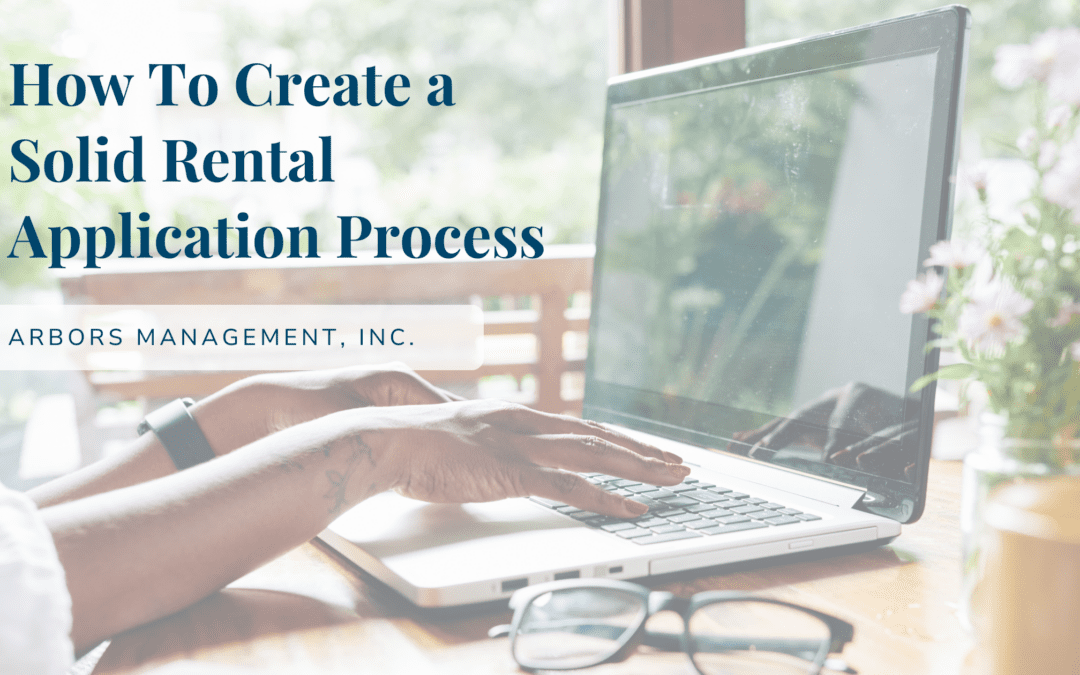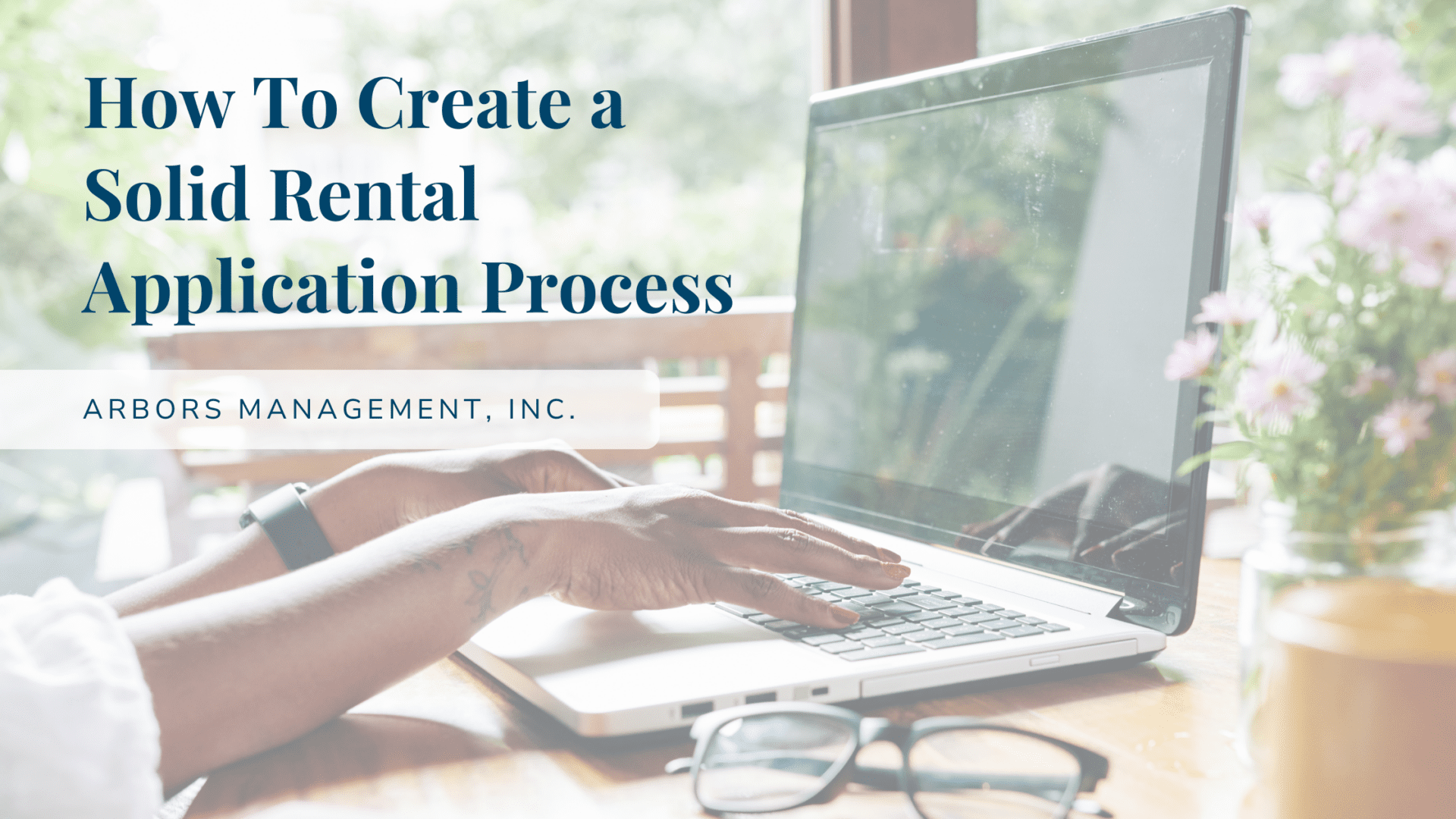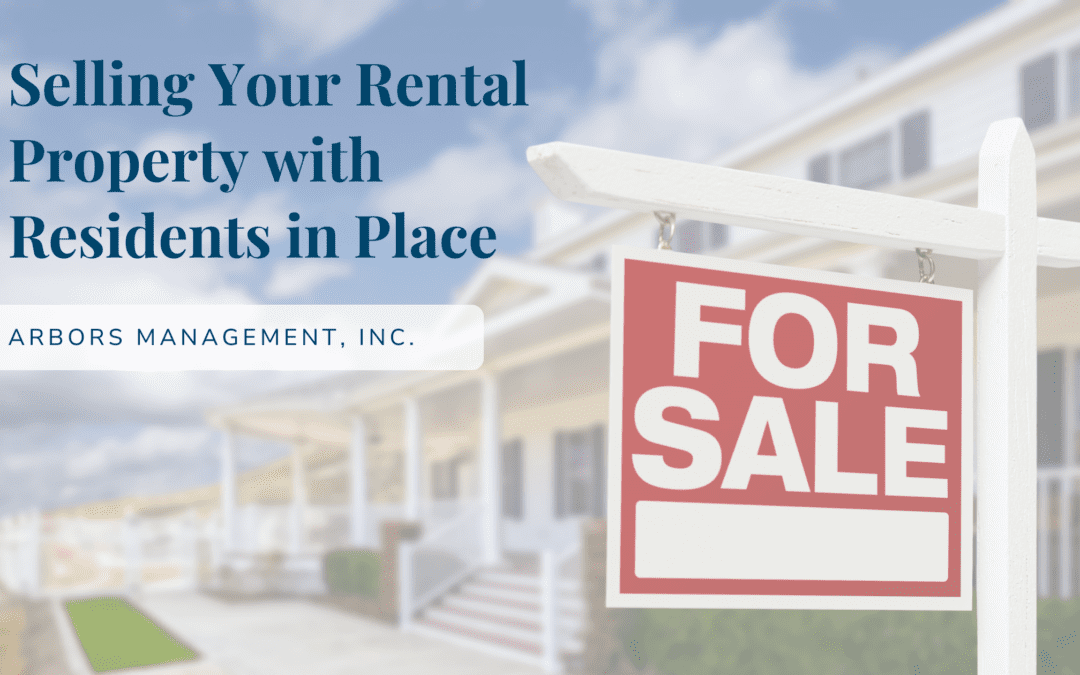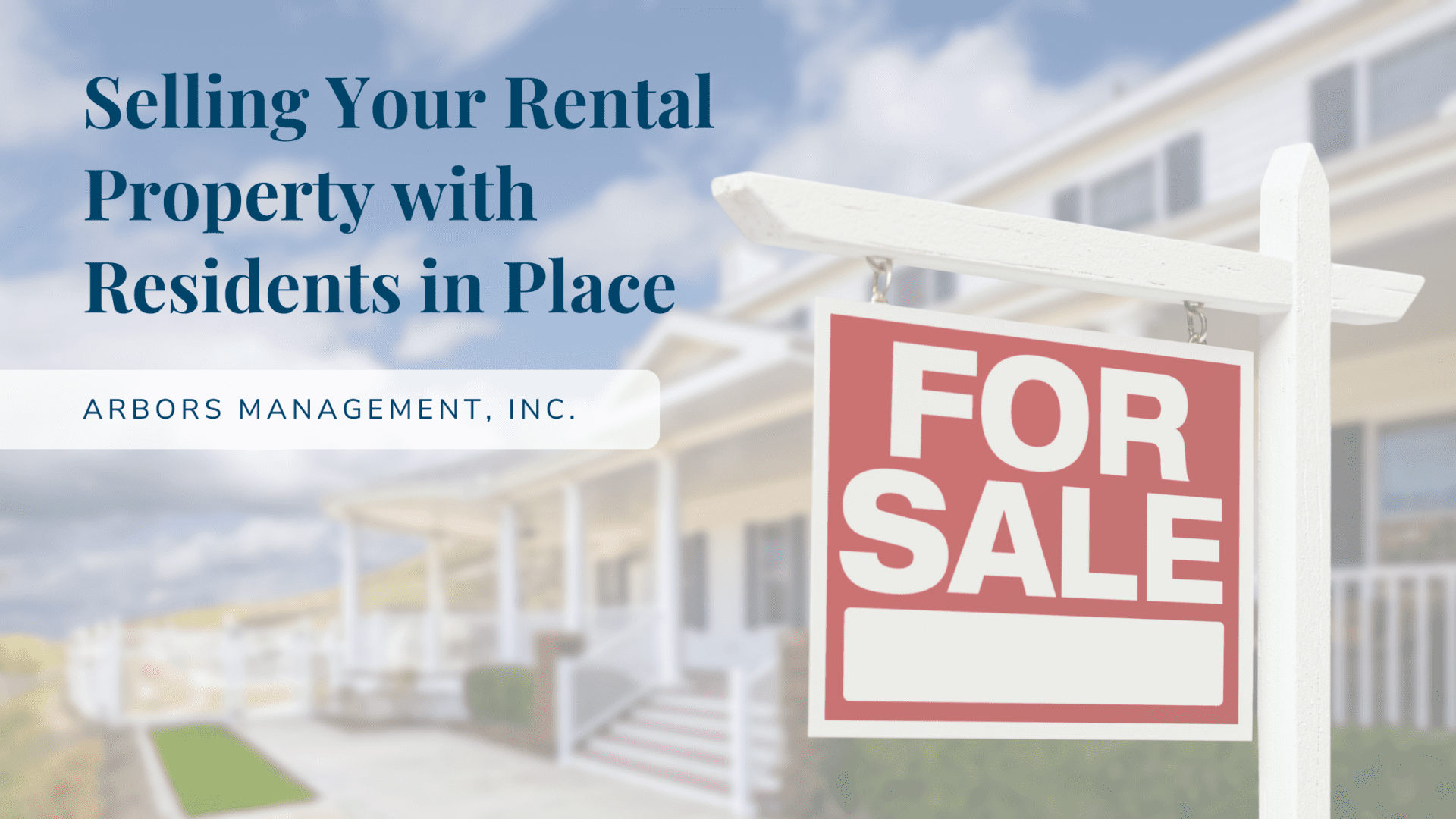
by Andrea F | Dec 8, 2025 | Blog, Featured Posts, Uncategorized

Unveiling the Holiday Magic of Pittsburgh
Pittsburgh becomes a stunning destination during the Christmas season, offering many activities that include beautiful light displays, festive markets, and theatrical performances that showcase unique local experiences. Here’s a list of some must-see attractions in this wonderful city:
Ice Skating at the UPMC Rink at PPG Place
Experience the joy of skating at the Pittsburgh Ice Rink, located at PPG Place, where a magnificent Christmas tree stands proudly at its heart.
Pittsburgh Ballet Theater
A cherished tradition for many in Pittsburgh! Watch Marie and the Nutcracker Prince as they embark on an unforgettable journey through the snow into the enchanting Land of Enchantment.
Peoples Gas Holiday Market
Join in the festive spirit at the annual Peoples Gas Holiday Market in Downtown Pittsburgh. Here, you can find gifts for others (or yourself), enjoy live music, and wander through an illuminated Market Square filled with charming wooden chalets showcasing high-quality gifts and holiday experiences enriched with international flair and local character.
Kennywood Park Holiday Lights
Amusement parks aren’t only for soaking up the summer sun while riding roller coasters. Experience the magic of the Kennywood Holiday Lights at this historic amusement park! With over two million sparkling lights, merry rides, and let’s not forget, Pennsylvania’s tallest Christmas tree, it’s a festive spectacle not to be missed!
Phipps Conservatory and Botanical Gardens
Experience Phipps Holiday Magic! This year’s theme, “Wild Winter,” welcomes you to a whimsical wonderland filled with delightful gardens and captivating scenes at every corner. Inside, you’ll discover new displays featuring stunning displays and floral masterpieces. Don’t miss the outdoor Winter Light Garden, showcasing an array of illumination.
Dazzling Nights at Pittsburgh Botanic Garden
Put on your comfy shoes and prepare for a mile-long stroll. Enjoy a stunning natural wonderland with a million lights. Discover enchanting attractions like tunnels of stars, vibrant forest creatures, and the captivating charm of nightly snowfall. Plus, enjoy live entertainment throughout the evening. This is an enchanting experience you won’t want to miss!
Captivating Holiday Window Displays
You’ll never run out of things to do during the Christmas season in Pittsburgh, with so much entertainment and activities available to share with family and friends. In fact, we couldn’t possibly list them all. Whether you decide to enjoy one, a few, or all of these fun options, you’re bound to be wonderfully impressed.
Wishing you Happy Holidays from all of us at Arbors Management!

by Andrea F | Oct 1, 2025 | Blog, Featured Posts, Investment Rental Property, Low Income Tax Credit Housing, Project Based Section 8 Housing, Property Spotlights, Uncategorized

By: Andrea Faulk
Arbors Management is well-known for its impressive and consistent growth year after year. Recently, they have partnered with the new ownership team of the Towne Towers building in Oil City, Pennsylvania, as part of their latest expansion efforts.
This collaboration aims to implement significant enhancements to the building and the surrounding community. With over 40 years of expertise in property management, Arbors Management is dedicated to preserving and improving Affordable Housing in Pennsylvania, West Virginia, and Ohio.
In July 2022, Arbors Management, Inc. assumed management of Towne Towers. Since then, numerous positive changes have been introduced, including the hiring of full-time office and maintenance staff to better serve residents.
In collaboration with the new ownership team, Arbors Management, Inc. plans to invest more than $2,000,000 in renovations and upgrades for the building. This initiative aims to enhance the living experience for both current and prospective residents.The planned upgrades include:
- A new roof
- Modernized elevators
- An upgraded fire panel
- New kitchens and bathrooms
- Full building Wi-Fi
- A new camera system
- New HVAC systems
- Improved accessible units
- And much more!
Towne Towers is a 100-unit Project-Based Section 8 apartment complex designated for elderly and disabled individuals, conveniently located in the heart of Oil City, Venango County. To learn more about Towne Towers, please visit our website.
If you are interested in becoming a resident of Towne Towers, feel free to call 814-676-9315 or email TowneTowers@Arbors.com.

by Nicole Scimio | May 2, 2025 | Blog, Featured Posts, Investment Rental Property, Owner Resources, Property Management Education, Rental Price, Uncategorized

4 Affordable Ways to Enhance Your Rental Property’s Curb Appeal
By: Nicole Scimio
Whether your rental property has curb appeal or not is incredibly important.
It can significantly impact how many applicants you draw in, who you attract, and even the amount you can charge for rent.
But with an investment property, it can be hard to keep up with appearances.
Trends change, things wear down – time takes its toll on a place.
Sometimes, a full renovation sounds great but just isn’t within your budget.
Not to worry, though!
There are plenty of ways to kick your property’s curb appeal up a notch – and with Spring finally here, now’s the time!
We’ve gathered up a few inexpensive and minimally involved ways for you to update your rental property without breaking the bank.
Tip #1: Replace Old Hardware
Refreshing your hardware doesn’t have to be difficult or expensive!
Is the doorknob or door knocker starting to delaminate from years of use and weathering?
Run to your local hardware store, pick a metallic finish that complements your property’s color scheme, and grab some new hardware in matching finishes.
You can also consider updating the porch light fixture and house/unit numbers in a matching finish!
Tip #2: Landscaping Refresh
First thing’s first: cut the lawn, pull weeds, and trim any shrubs you may have.
Add fresh mulch and some beautiful flowers in your landscaping.
You can even plant perennials – flowers that will appear every year. A few examples of perennials include peonies, poppies, black-eyed susans, irises, and more.
You can even consider putting together planters at either side of the entryway to give off a welcoming and homey look.
If you’re looking to take your outdoor revamp even further, add small solar-powered lanterns along the walkway. These are low maintenance and don’t require upkeep or constant battery changes, but add ambience and better sight of the walkway in the dark.
Landscaping can get expensive, but these tips are a fairly quick and low-cost way to revamp your property’s curb appeal.
Tip #3: Add a Fresh Coat of Paint or Stain
Sometimes a fresh coat of paint is all it takes!
Adding a fresh coat of paint or stain on your property’s front door, shudders, and decking if applicable. This small change can make your property look brand new without needing to paint the entire exterior!
Repaint or resurface your mailbox. Sometimes something as small as updating the mailbox you already have can make a world of a difference!
While painting or staining can be time consuming if you opt to do it yourself, the difference it makes is significant! The few hours or days you’ll spend on it will certainly be worth it.
Tip #4: Clean!
Don’t underestimate the power of a good deep cleaning!
Declutter the outdoor area, removing any unnecessary items, picking up any garbage that could have blown through, etc.
You can also powerwash your property’s walkways and driveway. This simple step will make any concrete surface look brand new, and is incredibly satisfying!
Algae growing on your property’s roof or siding? Consider hiring a professional to wash the surface of your investment property and bring it back to life – the difference is massive.
Curb Appeal Can Be Simple
Updating your property’s curb appeal doesn’t have to be intimidating or expensive!
These few tips can help you refresh your property and attract wonderful residents in no time.
If you need help managing your property, that’s what we’re here for! Please reach out to us at 1-800-963-1280 or at monroeville@arbors.com.

by Nicole Scimio | Apr 11, 2025 | Blog, Featured Posts, Owner Resources, Property Management Education, Tenant Education, Tenant Resources, Uncategorized
What Are the Consequences of Breaking a Lease?
By: Brady Merkle

What is a Lease?
When renting an apartment or home, the future occupants and the landlord will need to sign a lease before move-in.
A lease agreement (lease) is a legal document that binds parties to an agreement in which the resident is required to pay to live in housing provided by the landlord. The lease specifies the terms and conditions that both parties must adhere to for a specified period.
Here at Arbors, our lease signing process takes place online for the majority of our market rate units!
Once an applicant has been approved, our management team will send over the lease to the resident through our online portal. This allows our residents to sign and agree at their convenience – it’s simple and easy!
What Does “Breaking a Lease” Mean?
Sometimes the agreements made in a lease are not always followed, whether it be the fault of the occupant(s) or the landlord. When this occurs, it’s called “breaking a lease.”
Breaking a lease means that a party terminated the agreement before the end date of the specified term. The most common lease break is when a tenant moves out of the rental before the end of the lease.
Other instances of lease-breaking can include property damage, failing to pay rent, etc.
It’s also important to note that there is a difference between ‘violating’ and ‘breaking’ a lease.
A violation is less severe and occurs when one of the parties does not adhere to a specified portion of the lease. Examples include not maintaining housekeeping standards or disrupting other residents’ enjoyment of the property (ex: playing loud music late in the evening).
Multiple lease violations will often result in the landlord evicting the renter from the home.
What are the Consequences of Breaking a Lease?
While different management companies or landlords may have different penalties in place, breaking a lease often has financial and/or legal consequences.
For example, if a resident breaks their lease, the landlord may withhold the security deposit and charge additional fees.
Oftentimes, landlords charge fees in order to recuperate the unforeseen loss of income they incur with an unexpected move-out.
Additionally, fees can be charged to cover the cost of repairs for any damage caused to the unit.
These fees are typically depicted in an early termination clause within the lease.
Are the Consequences the Same with Every Landlord?
Every lease is unique. The fee structure may differ from one apartment, landlord, or property management company to another.
If you’ve rented from more than one landlord, you’d likely see differences between those leases if compared.
It’s crucial for all parties to thoroughly read and understand each lease they sign. Never assume that all rental agreement terms are the same!
All parties being on the same page will help avoid confusion and conflict.
Regardless of the structure of the agreement, a serious violation or multiple small violations of the lease can result in eviction from the property.
Will Breaking a Lease Hinder My Ability to Rent in the Future?
The application and approval process that many landlords conduct include credit checks and inquiry about rental history. This often includes references from the applicant’s previous landlord(s).
When the landlord of the unit you’re applying for reaches out to any of your previous landlords, any break of lease or unpaid rent may be revealed through their conversation.
A lease break or eviction is arguably the most significant red flag for landlords during the applicant screening process, often leading to denial.
All in All…
It is crucial for both parties to thoroughly read, discuss, and understand all of the terms of the lease at hand.
Whether you are a renter or landlord, be sure to honor the lease that you signed to the absolute best of your ability.
It’s the right thing to do, and it’ll save you from dealing with legal, financial, and even social repercussions.
If you’re unsure about a portion of your lease, talk to your landlord. They are there to work with you and want you to understand your lease!
If you have any other questions about leases or property rentals, we’d be happy to chat!
Reach out to us here at Arbors Management, Inc. at 800-963-1280 or Monroeville@arbors.com.

by Nicole Scimio | Oct 21, 2024 | Blog, Investment Rental Property, Owner Resources, Property Management Education, Uncategorized
How To Create a Solid Rental Application Process

The Importance of a Great Application Process for Potential Residents
If you’re a rental property owner / investor and have great residents who treat your property as their own, you really can’t ask for anything more.
But how do some landlords seem to have wonderful residents while others only seem to attract trouble?
The key: a solid, dependable rental application process to thoroughly and efficiently screen potential residents.
What is the Application Process for Rental Properties?
A good application process is essential to running your rental property management business.
This initial step can be what sets you (and your residents) up for success, or if you’re not careful – failure.
The application process varies from company to company, but generally it can be described as:
The time in which a potential resident fills out an application provided by you (or your property management company), gives references from prior landlords, proof of income and employment, credit information, and an application fee if appropriate.
We’ll go ahead and cover a couple of key things that your application process should include.
Tip #1: Make it Easy to Apply to Live at Your Property
While you want your application to provide insight and value for you, you don’t want it to be so cumbersome that it hinders quality residents from actually just applying.
If your application is 20 pages long and takes hours to complete, chances are that no one will want to complete your application.
The applicant will likely get too frustrated half way in, abandon the application, and forget to come back to it.
They’ll find another place to live with an easier application process.
Here at Arbors Management, we accomplish this by making our process completely online and digital.
With the online application process, we set up a portal for each applicant where they can monitor the progress of their application any time they’d like.
No more daily phone calls from applicants asking if they’ve been approved – that’s a win-win!
Prospective residents can apply through any device that’s connected to the internet, whether that’s a computer, tablet, phone, etc.
We also allow applicants to attach their paystubs and photo ID directly to the application.
Once an application is received, we should have all the information required to process that application in a timely manner.
We are able to process the credit and criminal history rather quickly (typically within minutes) after receiving that application. We can then approve or deny that applicant and move to the next steps.
Goal: to make your application process quick, easy, and convenient, but without compromising quality.
Tip #2: Make Sure You Get the Full Picture
The application you provide should give you a complete picture of the applicant once filled out and returned.
It should ask all the right questions, helping you understand who this prospective resident really is.
A few example questions that we would suggest including are:
- Have you ever been evicted?
- Have you ever been convicted of a criminal offense?
- Have you ever filed suit against a landlord?
- Are you a smoker?
- Have you ever filed for bankruptcy?
- Are there any judgments or legal actions against you?
- Have you spoken with a Leasing Specialist regarding this property?
Goal: gather all of the information you need in order to make the decision to approve or deny an application.
Tip #3: Consistent Screening Criteria
Your application should incorporate all of your screening criteria that you’ve determined prior to accepting applications.
Along with this, your application should allow you to consistently apply the same screening criteria across multiple applicants.
Goal: consistency that will help to keep you legally safe within the confines of fair housing law.
Tip #4: Convert Applicants to Residents Efficiently
Your application process should help you convert qualified individuals into residents efficiently.
The way we do this here at Arbors Management is through our property management software.
With the software we utilize, we can take an approved application and convert it directly into a new resident account.
After an applicant is approved, we can directly send them a lease online through the portal that was set up for them at the beginning of the application process.
The prospect can then sign the lease and pay their security deposit and first month’s rent all through that same portal!
After moving in, the resident will continue to use their portal to pay their rent and submit maintenance requests in the future.
Goal: quickly & efficiently turn approved applicants into new resident accounts.
In Conclusion…
All in all, it’s super important to have a good application process!
In this article, we explained the importance of this process and how to create a successful application process through four different tips:
- Make sure it’s easy for prospective residents to apply
- Your application should give you a complete picture of the applicant(s)
- Apply screening criteria consistently across all applicants
- Convert applicants to residents efficiently
We hope that you’ve found this information helpful. If you’re interested in finding out how Arbors can help you easily convert applicants into residents, please contact us!

by Nicole Scimio | Sep 26, 2024 | Blog, Investment Rental Property, Owner Resources, Property Management Education, Uncategorized
Selling Your Rental Property with Residents in Place

Do I Want to Sell My Rental Property?
If you own an investment property, it’s probably safe to say that at one point or another, you may have considered selling it, depending on how the market is fluctuating.
When considering whether or not to sell your investment property, one of the questions that will inevitably come up is, “Should I sell with or without my residents in place? And what happens to them when I do sell?”
This article will serve as a guide to help answer those questions and help you make an informed decision.
Selling a Single-Family Home with Residents in Place vs. Not in Place
If you own a single-family home and it’s being rented with residents in place, the value of the property is going to be dependent on the rental amount if you’re selling it to another investor.
With that being said, the value of the property for an owner-occupant (someone who will both own and occupy the home) would be more along the lines of what the market will determine.
If the property is located in an attractive market with high home values, you may be better off waiting until the property is vacant and selling it to someone who intends to move into the property and live there, as it may be more valuable to them in that scenario.
If the property is in a less desirable location with low home values, the rental amount might provide a higher value to an investor than it would someone looking to live in the property.
In this case, it may be beneficial for you to keep the resident in place because it would be as if you’re buying an income stream/cash flow.
Selling a MultiFamily Home with Residents in Place vs. Not in Place
For multifamily properties, their value is often evaluated based on the rental income they can produce.
So the higher the rents the property can generate, the higher the value of the property.
So in this scenario, it’s beneficial for the seller to increase rents as much as possible in their market, and have a fully occupied property when selling because that will give them the highest value for the property.
If your rents are significantly below market rate rents, it may be beneficial to terminate leases or transition them to month to month leases because the new owner will see that as an opportunity to increase the rents, or lease the units at the higher market-rate value.
Advantages & Disadvantages of Selling an Investment Property with Residents in Place – Single-Family Properties vs. MultiFamily Properties
Selling Your Rental Property with Residents in Place
|
| Single-Family Properties |
MultiFamily Properties |
| Advantages |
Disadvantages |
Advantages |
Disadvantages |
| – If the property is in a majority rental neighborhood, and the price point of the property allows the investor to purchase the property and cash flow with the current rental income, then the property will be attractive to an investor interested in single family home rentals
– If the lease is within 60 days of expiring and the tenants are moving out, then it could allow for a sale to a new owner occupant reducing your vacancy period
– Continue to collect rent & cash flow until the property is sold |
– Scheduling showings, inspections, appraisals, etc. with the tenant can be difficult and could lead to delays in ability to sell or close on the property
– Potential for poor showing conditions (dirty, unkept, messy, loud, etc.)
– Multiple showings will disrupt tenants’ lives, potentially causing them to want to leave
– Most single family homes sell at their best price to owner occupants, not investors |
– High rental income can make the property worth more
– Attractive to an investor looking for a “turnkey” investment property
– Continue to collect rent & cash flow until the property is sold
– A fully occupied multi-unit proves the marketability/rentability of the property to the new owner |
– Lower than market rents could cause the property to be undervalued
– Scheduling showings, inspections, appraisals, with the tenant can be difficult and could lead to delays in ability to sell or close on the property
– Cannot sell to a buyer who wants to live in one of the units
– If tenants are not paying their rent, it could be difficult to attract a buyer |
What Happens to the Current Lease – Do I Have to Kick My Resident Out?
This may vary from state to state and you’ll want to check the lease terms. However, here in Pennsylvania, the leases will transfer to the new owner in the event of a sale.
This means that you do not need to terminate the lease or evict the resident in order to sell your property.
Just keep in mind the best case scenarios that we outlined above on your particular situation to determine if it’s best for you to keep the resident in place or not.
The Challenges of Selling a Property with a Resident in Place
But as with all things, there will definitely be a few challenges in the process.
Some things that could be difficult if you sell your property with a resident in place are:
- You’re going to have to provide notice to the resident for any showings
- You’ll have to show the property with all of the resident’s personal belongings in place
- You’ll need to provide copies of the lease and payment history to the new owner
- Uncertainty around resident’s future
- If the resident has pets, it could cause accessibility concerns
- The resident might not like having their personal space entered during the sales process
- Showings, inspections, appraisals, etc.
All in All
If you decide that you want to sell your investment property with a resident currently in it, we hope this article gives you some of the advantages and disadvantages of doing so.
But ultimately, you have to make the right decision for you.
If you need any guidance in making this decision, we are here to help!
In order to best serve our clients, Arbors management, Inc. has created a sales division, Arbors Real Estate. If you are interested in selling your rental property with a resident in it, this is something that we specialize in and are well versed in the challenges that come along with doing so. We would be happy to discuss the details of your property with you. Please don’t hesitate to give us a call!



